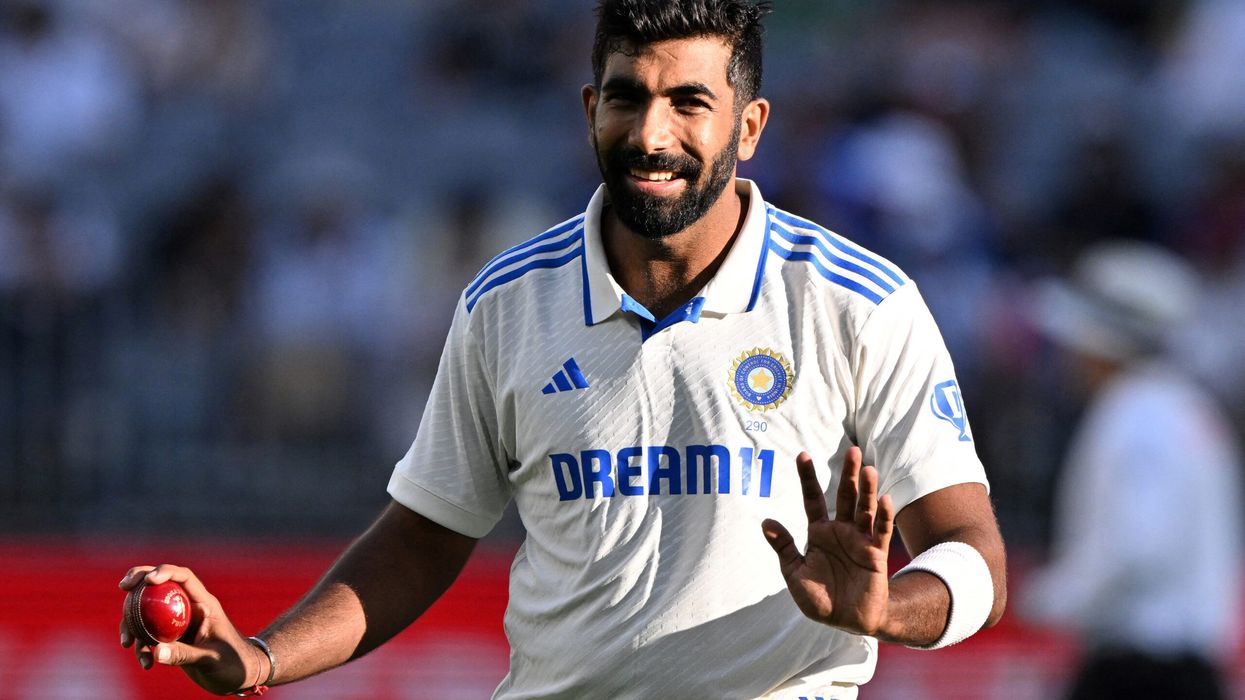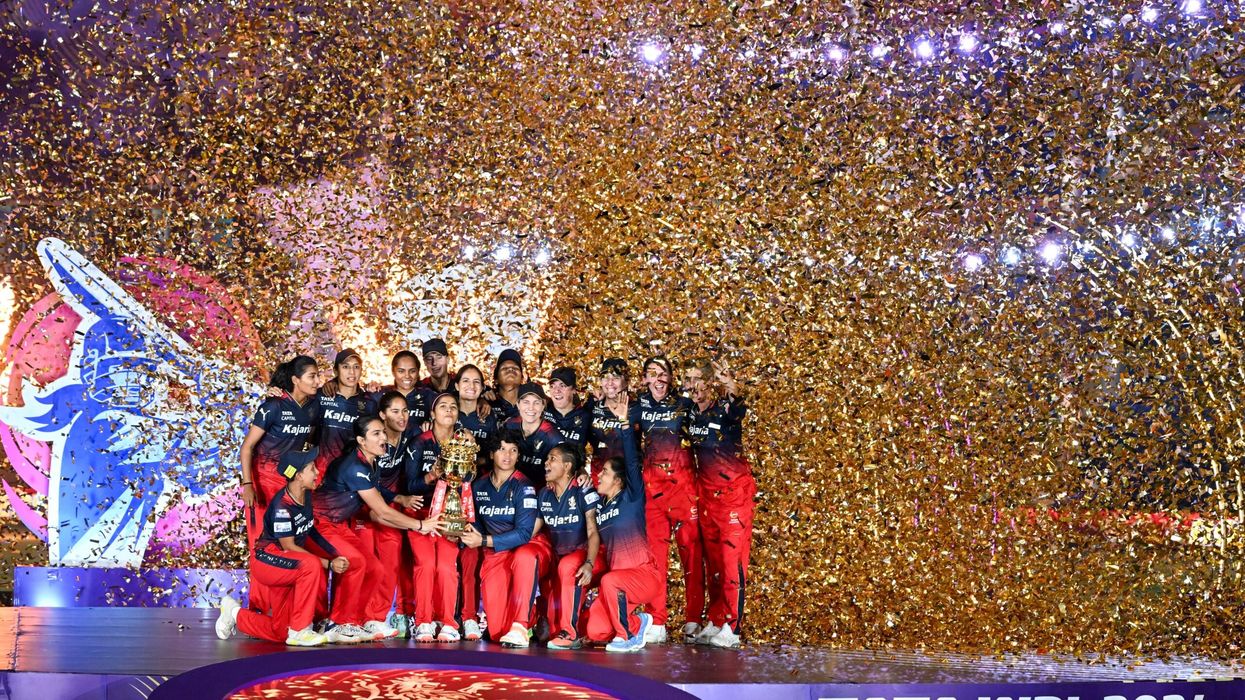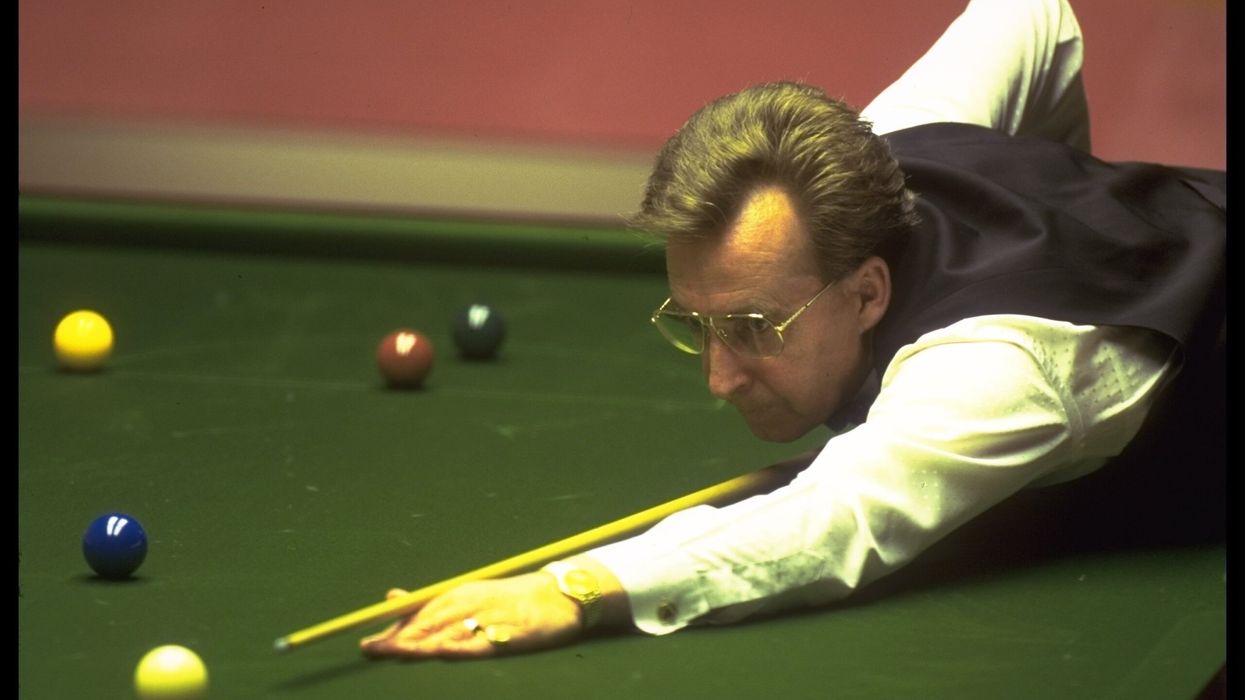DIPA KARMAKAR, who blazed a trail by becoming the first Indian woman gymnast to compete at the Olympics and finish a historic fourth, announced her retirement on Monday (7), ending a career in which she inspired awe for routinely performing the highly-difficult Produnova vault.
The diminutive 31-year-old from Tripura grabbed headlines with her fourth-place finish in the vault final of the 2016 Rio Games, losing an Olympic medal by just 0.15 points.
“After much thought and reflection, I have decided to retire from competitive gymnastics. This is not an easy decision, but it feels like the right time,” she said in a statement.
“Gymnastics has been at the centre of my life for as long as I can remember, and I am grateful for every moment – the highs, the lows, and everything in between.”
Karmakar said she hopes to give back to the sport by becoming a coach at some point in her life or simply remain a “supporter of the next generation of gymnasts following their dreams”.
Hailing from Agartala, Karmakar is one of only five women in gymnastics history to have successfully executed the Produnova, which involves two somersaults before landing and is called the ‘vault of death’ owing to the high risk of injury it poses.
“When I look back, I feel an overwhelming sense of pride for everything I’ve achieved. Representing India on the world stage, winning medals, and most memorably, performing the Produnova vault at the Rio Olympics, will forever be cherished as the pinnacle of my career,” she said.
“These moments were not just victories for me; they were victories for every young girl in India who dared to dream, who believed that with hard work and determination, anything is possible.”
Karmakar was initiated to the sport when she was only six and was coached by Soma Nandi and Bishweshwar Nandi, who remained her mentor throughout her career, guiding her to several international medals and fame. As a child, Karmakar had flat feet, a physical condition which would have ended her dream of becoming a gymnast. But through extensive training, she was able to develop an arch in her foot.
“I remember the five-year-old Dipa who was told she would not be able to become a gymnast because of her flat feet,” she wrote.
Add to this, she had to train at inadequately-equipped gyms while growing up and her journey to the Rio Games became an inspiring tale for gymnasts.
Karmakar’S quest for sporting glory began in 2008 when she won the Junior Nationals in Jalpaiguri. She first shot to limelight when she won a vault bronze at the 2014 Commonwealth Games in Glasgow, becoming the first Indian woman gymnast to win a medal in the event.
She also won a bronze at the Asian Championships in 2015 and finished fifth at the 2015 World Championships, both being firsts for any Indian female gymnast. Following the 2016 Rio Olympics, Karmakar faced significant challenges, including injuries and subsequent surgery.
She, however, came back strongly by winning top position at the 2018 Artistic Gymnastics World Cup in Turkey, becoming the first Indian gymnast to secure a gold medal at a global event.
Later that year, she won a bronze medal at the Artistic Gymnastics World Cup in Cottbus, Germany. In 2021, despite facing several career setbacks, Karmakar clinched a gold medal at the Asian Gymnastics Championships in Tashkent.
“But my last victory at the Asian Gymnastics Championship in Tashkent was a turning point. After that win, I truly believed I could push my body to reach new heights again. But sometimes, our bodies tell us it’s time to rest, even when our hearts want to keep going,” she said.
Karmakar’s career was not without controversies and she was suspended for nearly two years after testing positive for a banned stimulant Higenamine, which is also used for treatment of asthama and cough.
The test was conducted in October 2021 but nobody in India knew that she had failed a dope test at that time. Her ban period lasted till July 10, 2023.
But her career is dotted with more accolades than embarrassments. Karmakar has been honoured with the Padma Shri, Major Dhyan Chand Khel Ratna and Arjuna Award for her outstanding achievements.
“As I step away from the competitive arena, I do so with a heart full of memories and lessons that will stay with me forever. I have given my blood, sweat, and tears to this sport, and in return, it has given me a life full of purpose, pride, and endless possibilities.
“I am forever grateful to my coaches, teammates, support staff, and most importantly, to all of you – the fans who have stood by me through every high and low,” said Karmakar.




